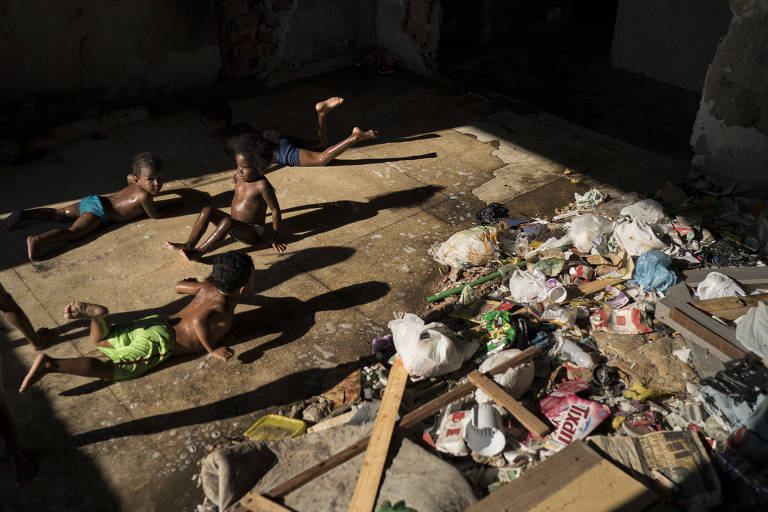In 2017, six out of then Brazilians lived without adequate access to at least one of the crucial services: education, housing, social protection, sanitation, and internet access.
When added to an increase in poverty, measured as the population income last year, the numbers show the double challenge ahead, if Brazil wants to reach higher development levels. These numbers were released on Wednesday (5th) by IBGE (Brazilian Institute of Geography and Statistics).
The rise in unemployment, caused by the recession, made the population living below the line of poverty increase an additional two million last year, making a total of 54.8 million Brazilians, or 26.5% of the total population. In 2016, the percentage was 25.7%.
By the indicators established by the World Bank - also adopted by IBGE - a person is considered to be poor when they live with up to US$ 5.5 a day, or US$ 105 a month.
The number of Brazilians on extreme poverty also grew, which is a portion of the population even more reasonable. This group increased by 1.7 million last year, making it 15.2 million in total, or 7.4% of the people, against 6.6% in 2016.
Translated by NATASHA MADOV
60% Of Brazilians Are Lacking At Least One Basic Service
In one year, two million more Brazilians are earning less than US$ 105 a month
Lucas Vettorazzo
Érica Fraga
Rio de Janeiro and São Paulo
